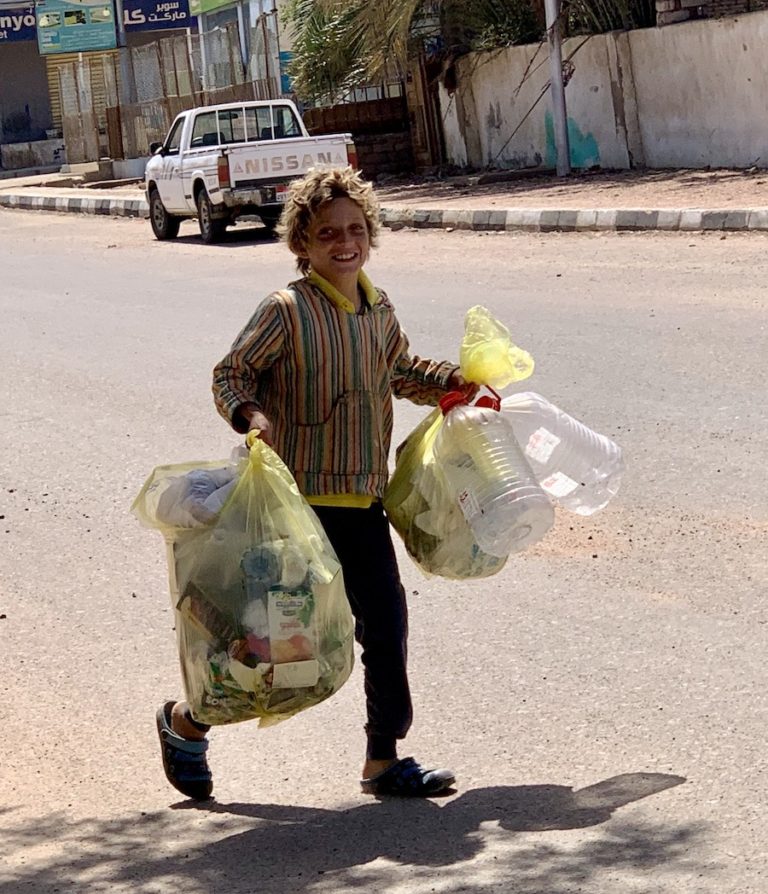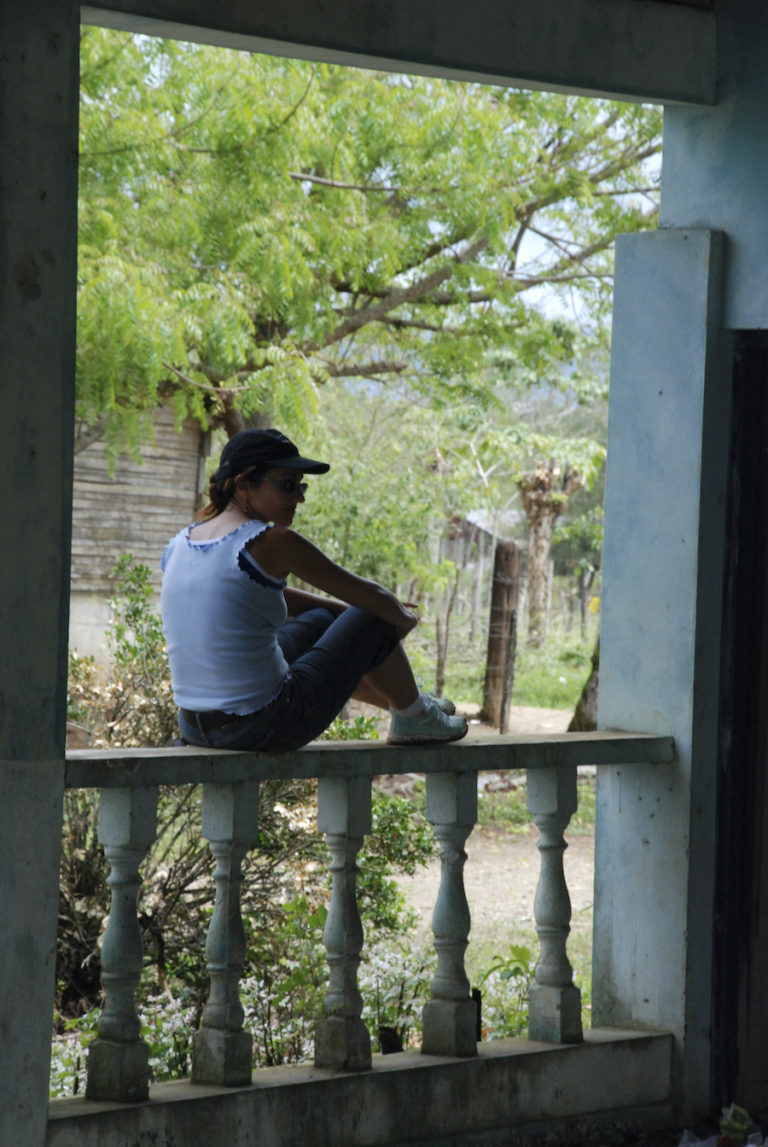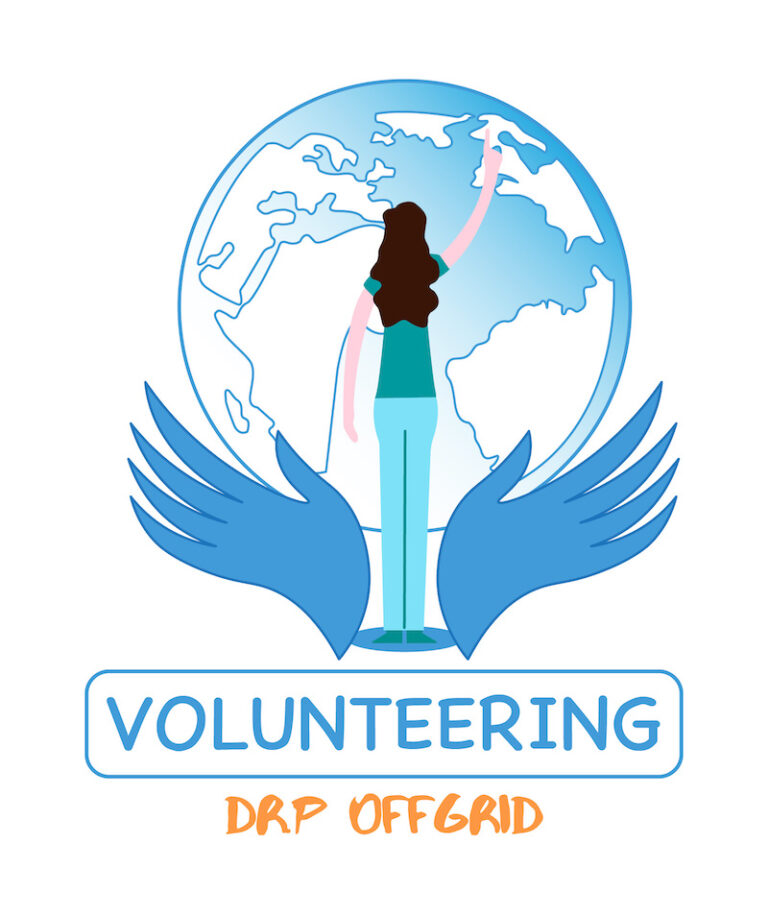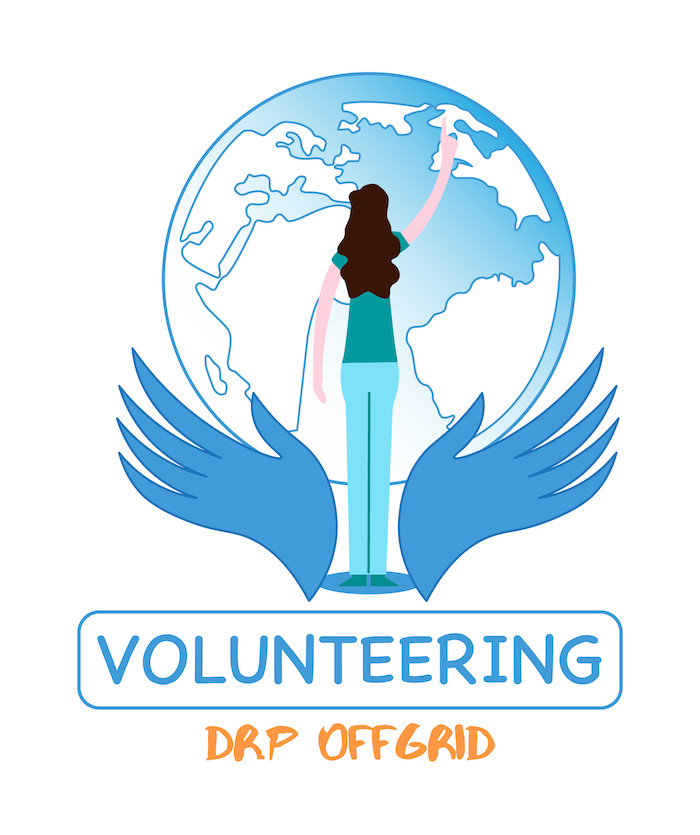

What is the difference between volunteering, corporate volunteering, service-learning, community service, assistance, voluntourism, etc.?
The concept of “volunteering” has undergone significant expansion. Initially, it referred to an impromptu act of assisting someone in need driven by one’s own willingness. Based on my website, as well as my extensive research and active engagement in global service, I have compiled a list of terms and examples to illustrate this evolution.
Volunteering
Volunteering refers to the selfless act of individuals or groups willingly dedicating their time and efforts to support a cause through an organization or an individual/s. It involves no financial reward and can range from a single event to a long-term commitment. The essence lies in the voluntary nature of the assistance provided, where individuals choose to lend a helping hand without expecting any monetary gain. A prime illustration of this would be assisting in constructing homes for those in need with organizations like Habitat for Humanity.
Corporate Volunteering
Corporate volunteering is a form of voluntary work that is actively promoted and supported by a corporation or business entity. Typically, employees derive significant advantages from engaging in volunteering activities through their jobs. An added advantage of corporate volunteering is that each business or corporation has the autonomy to select the specific cause or initiative for their volunteering efforts, thereby contributing to community outreach. Furthermore, research indicates that corporate volunteering yields benefits for all parties involved, ranging from enhancing employee morale to fostering stronger community relationships.
Service Learning
Service-learning is an educational approach that integrates volunteering into the classroom curriculum, making it an essential component of the learning process. The primary goal of service learning is to address the needs of a community while simultaneously gaining insights into its dynamics and culture. For instance, a Service Learning course could involve students taking a business class while actively participating in the construction of a community center in collaboration with the local community. When implemented effectively, this teaching methodology fosters the development of citizenship skills and enhances students’ knowledge and appreciation of different cultures on a global scale.
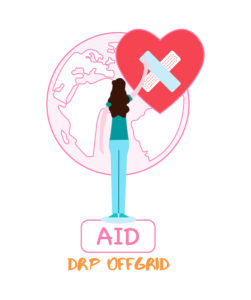
Community Service
Community service is a form of support and aid provided to a specific community without any financial remuneration. It can be either a voluntary act or a mandatory obligation. For instance, individuals may be required to engage in community service as a penalty imposed by a judge or as a prerequisite for a school class.
Lending a Helping Hand

Assisting others is the act of extending a helping hand. On this platform, helping can take place anytime and anywhere. Typically, it involves providing support once, with the intention that it will lead to self-sustainability or no longer be required. Let me share an example of LHH while traveling. During my trip to Nicaragua, as my travel stay came to an end, I encountered an individual in need at the beach. To lend a hand, I offered them a water bottle, a t-shirt, a coffee mug, a small bag, and the leftover food from my rental, all in good condition. We all encounter someone in need, the question is wether we get involved or not, as we are all connected.
Voluntourism
Traveling for leisure and engaging in volunteer work has gained significant popularity in recent years. It is essential to thoroughly research and evaluate different forms of voluntourism, as some tourism organizations may prioritize financial gain over the actual benefits to the supported organization. How can we ensure that the volunteer tourism venue acts ethically? For instance, I recently accompanied a friend who paid $45 for a volunteer activity involving painting with underprivileged children. Shockingly, only $2 was allocated to each of the 12 children and the facilitator. Let’s do the math: 5 participants multiplied by $39 equals $195. The facilitator/teacher received $28 for providing materials, recruiting the children, and other tasks. Who profited excessively from this situation? the “vountourism” organization. Unfortunately, there is a widespread misrepresentation of voluntourism in many volunteer destinations. While it is understandable that people need to earn a living, making substantial profits by exploiting the term “volunteer” while working with impoverished communities is unquestionably unethical.
Up your game! travel far, give wide
Dr.P

The answer is simple: it is a basic human need to be valued, to be recognized, and to be visible. We, as human beings, are responsible for either recognizing or isolating others. I make it my job to try to lend a hand as much as possible along my travels, while I take from the place as much as I can give a bit.



